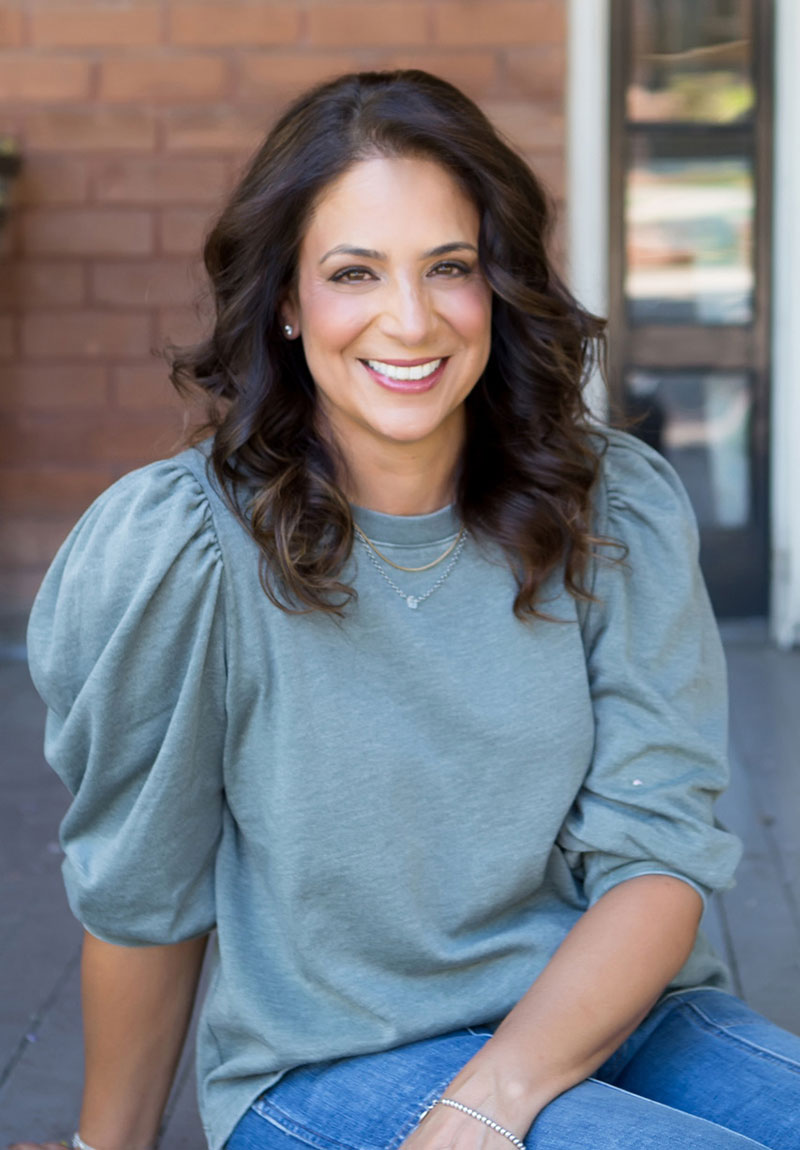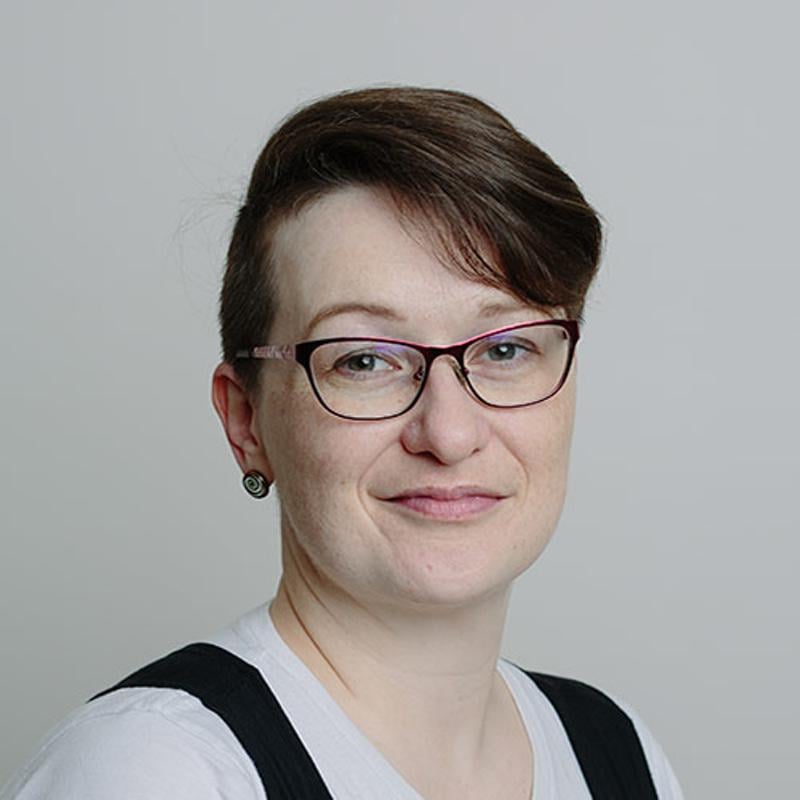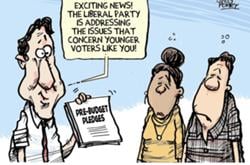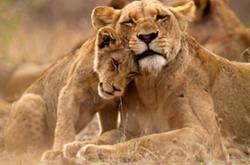Like all high school students in British Columbia, Kaitlyn Demeria received her final sex education lesson when she completed Grade 10.
Physical health education, the course responsible for covering sexual health curriculum in the province, is no longer mandatory after Grade 10. In grades 11 and 12, the course no longer includes sexual health lessons — and they aren’t provided in any other courses students are required to take.
This is despite the fact that almost 20 per cent of 15-year-olds and nearly half of 18-year-olds reported being sexually active, according to the McCreary Centre’s 2018 Adolescent Health Survey. About 20 per cent of all girls surveyed, ages 12 to 19, had experienced sexual abuse.
Demeira, who is entering Grade 11 in the fall, was taught about sexual consent — though the word “consent” isn’t used in the provincial curriculum, which employs the less specific term “healthy relationships” instead.
“I have received the bare minimum and using lots of slang, like the tea story, where an unconscious person doesn't want tea,” Demeira said, referring to a popular consent lesson likening the inability to consent to sex while unconscious to the inability to say yes to having tea while also unconscious.
“Which I think is disgusting, because sexual assault is not at all any way comparable to giving an unconscious person a drink,” she said.
The absence of the term “consent” from the province’s sexual health curriculum is not the only area of the curriculum that feels outdated.
While sexuality and gender identity are mentioned in the curriculum, they are cited as examples of what influences a person’s identity. But there is no explicit mention of gay, lesbian, bisexual, transgender, Two-Spirit, questioning or otherwise queer people in the sections on sexual health or activity.
Even sexual reproduction isn’t explicitly mentioned in the curriculum, though puberty, sexually transmitted infections and “healthy sexual decision-making” are. Internet exploitation isn't mentioned until Grade 8, but the curriculum doesn’t get into the variety of ways and technologies that foster it.
“The curriculum, it's suggestive, not prescriptive,” said Josh Ogilvie, a high school physical education teacher and head of the BC Teachers’ Federation specialist association for phys ed teachers.
“And one of the common complaints, concerns, voices of frustration, if you will, is some people like the flexibility and some people don't.”
Broader language has been found in all school subjects’ curricula since B.C. implemented its new kindergarten to Grade 12 curriculum between 2016 and 2020, allowing teachers the autonomy to design lessons to be relevant to, and engaging for, their particular students.
“But for other teachers who may not feel comfortable or don't feel adequately prepared, which is totally understandable, they see 'healthy sexual decision-making' and they don't know where to go with that,” said sexual health educator Saleema Noon.
Teachers can skip or gloss over important lessons, like on sexual consent, that students receive in other schools or districts because their teachers did know how to teach it, she said.

It’s a problem that came to a head this past spring when four separate B.C. school districts saw students protest in part over a lack of sexual consent education.
On different dates from February to May, students, mostly young women, gathered in school hallways, parking lots and in front of the provincial legislature to protest peer-to-peer sexual harassment and assault.
Demeria did not participate in the student protest at her school, Mount Boucherie Secondary in West Kelowna, but she created an online petition in solidarity with her classmates.
The petition called on the school to remove any students charged with assaulting another student from the school until an investigation is completed, and transition any students found guilty to online learning.
Demeira’s advocacy has gone national since she became an organizing member of High School Too this spring. A national network of high school and university students, High School Too advocates for policy, protocol and education changes to eliminate sexual violence in secondary schools.
Improving sex ed is just one aspect of what needs to change, according to High School Too. The organization also wants to see stand-alone policies on sexual harassment and assault, better data collection on young victims of assault, and the end of sexist dress code policies.
“I feel like the more uneducated people are, the more ignorant they can be, and the more they can blame their ignorance on the fact that they were not educated,” Demeira said. “If we continue to push for education, then they can't use ignorance as their excuse.”
The curriculum’s strengths and weaknesses
While B.C.’s sexual health education is lacking in some regards, Noon says it is one of the most comprehensive and advanced sex ed curriculums in the country because it was updated so recently.
Though Ogilvie, who was involved in the new curriculum development, says a lot of the old curriculum’s sexual health content was transferred into the newer version.
“That's why the Ministry of Health was brought in as a partner, or one of the reasons, for updated language and developmental appropriateness,” he said.
The province also leads the country in sexual orientation and gender identity inclusion in the codes of conduct of all public and private schools.
The province also co-created SOGI 123, grade-appropriate optional teaching resources available for kindergarten to Grade 12. But while it does include anti-bullying lesson plans regarding LGBTQ2S+ youth, there are no sexual health lesson plans.
Where the sexual health aspect of the physical health and education curriculum falters is its vague language, says Noon, and ending lessons after Grade 10.
“We've got Grade 11s and 12s who are just on their way to university and may have not had any consent education for a few years,” she said.
“Not to mention with COVID our teenagers have missed out on real-life interactions and opportunities where they can learn and practise consent.”
Some districts, like Nanaimo-Ladysmith, Vancouver and Central Okanagan have compiled their own, more detailed teaching guidelines for sex ed.
Noon, who, along with her colleagues delivers age-appropriate sexual health lessons to students in kindergarten to Grade 8, mainly in the Lower Mainland, wants the Education Ministry to require all districts have similar resources.
“So the teacher in Ladysmith is looking at the curriculum document going, ‘Healthy sexual decision-making, what does that mean?’ They can go to their district guidelines, and it will outline in more detail how teachers can bring that to the classroom,” she said.
Ogilvie, who also supports extending sex ed to Grade 12, says lessons should start in the early grades with non-sexual consent and the importance of bodily autonomy. Lessons about sexual consent can be built on top of that foundation, he said.
“I have to give praise to a lot of the elementary teachers that have taught the students that I'm able to teach later on,” said Ogilvie, who works in the Burnaby district. “They come in with a deep understanding already.”
Updates underway
Because the provincial curriculum was so recently updated, a new sex ed curriculum is not forthcoming. But the Education Ministry and the provincial office for gender equity are currently updating sex ed teaching resources to include lessons on consent and LGBTQ2S+ sexual health.
“What we're doing is wanting to really look at the best practices that we've seen evolve in some districts, and ensure that those are reflected in updated guidelines, so that those are available for all school districts,” said Education Minister Jennifer Whiteside, specifically naming Nanaimo-Ladysmith and Central Okanagan as districts with best practices.
The ministry is also looking at how they can extend mandatory sexual health lessons all the way to Grade 12, possibly in courses other than physical and health education.
The Central Okanagan school district is home to Mount Boucherie Secondary, where Demeria will enter Grade 11 in the fall.
The Tyee reached out to Central Okanagan for a response to Demeria’s petition, and they sent an emailed statement outlining all the steps they have taken in response to the students' February protest. These include meeting with parents, students involved in the protests and those concerned about sexual assault and safety in schools, as well as a local women’s shelter, the Elizabeth Fry Society and the RCMP.
District staff have also been collaborating with a core group of students on how to better support their safety at Mount Boucherie Secondary.
Whiteside says her ministry is taking its cue from protesting students, and she hopes the resources will be released by the fall. Use of the new resources will still be up to individual teacher discretion, but Whiteside says teachers cannot choose whether they teach certain topics.
“No question, we need to explicitly deal with consent,” Whiteside said. ![]()
Read more: Rights + Justice, Education, Gender + Sexuality

















Tyee Commenting Guidelines
Comments that violate guidelines risk being deleted, and violations may result in a temporary or permanent user ban. Maintain the spirit of good conversation to stay in the discussion.
*Please note The Tyee is not a forum for spreading misinformation about COVID-19, denying its existence or minimizing its risk to public health.
Do:
Do not: